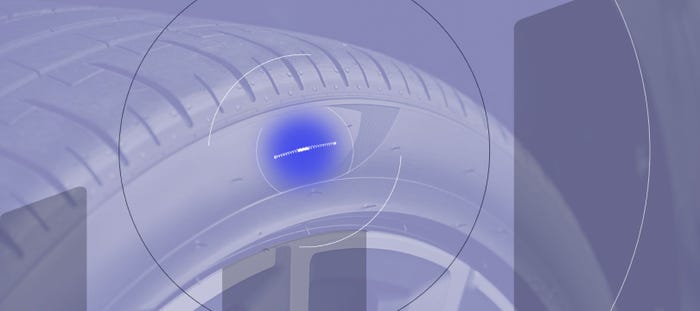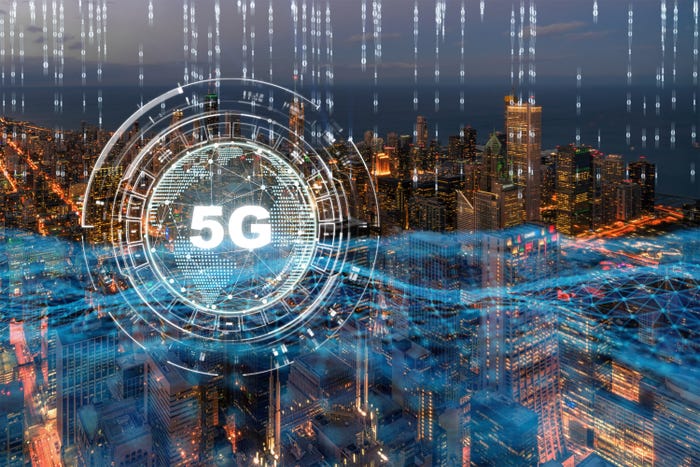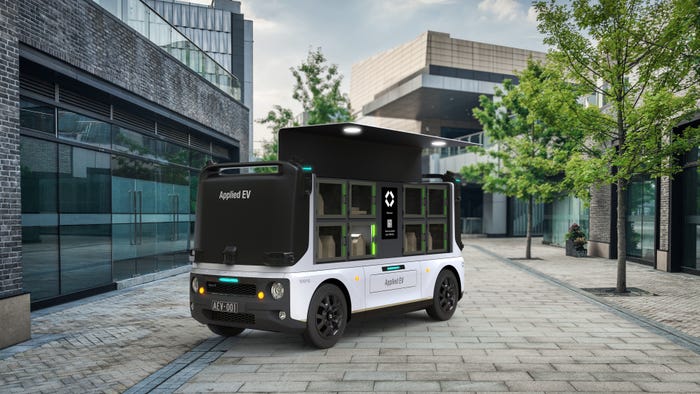Digital Transformation Strategy: Why the Future of Work Matters
According to recent research underwitten by Dell Technologies, executives agree on the importance of having a solid digital transformation strategy but differ on specifics.
January 31, 2018

We live in a volatile world. Reminders are nearly everywhere, from the recent clicking forward of the Doomsday Clock to two minutes to midnight to the constant drumbeat of cybersecurity headlines. And then there is the looming threat of digital disruption. To survive in the years to come, enterprise and industrial companies must form “cross-functional teams with technology at their core,” as Gartner’s Peter Sondergaard has put it.
A recent report from Dell Technologies and Vanson Bourne reached a similar conclusion, asserting we are on the cusp of a new era of human-machine partnerships. According to the report “Realizing 2030: A Divided Vision of the Future,” a total of 82 percent of executives agreed that humans and machines will work together as an integrated team within the next five years. At total of 26 percent have already achieved this milestone, while another 30 percent sees human-machine partnerships coming to their organizations within two years.
The survey also revealed that executives are divided about what this coming age of human-machine collaboration means for their business. Half of the 3,800 business leaders surveyed agreed that, by 2030, technology will free up their time to focus on higher-order pursuits by removing drudge work. Conversely, a total of 42 percent believe it will be harder to disconnect from technology.
[Internet of Things World demonstrates how the next generation of IoT will converge to unlock the intelligence of things in the industrial, enterprise and consumer realms. See what’s new for 2018.]
In terms of the Internet of Things, the survey participants were more unified. A total of 45 percent of businesses plan to invest in IoT technology in the next five years, while another 45 percent already have invested in the technology.
Executives also tended to agree on the top priorities for their digital transformation strategy. Nine out of 10 were convinced of the need to deliver products as a service in the next five years. Eighty-nine percent aimed to transition to a software-defined business in that same time frame, while 81 percent seek to use AI to predict consumer demand.
The growing use of both machine learning and AI will also ultimately forge stronger relationships among people, who can focus on more meaningful collaboration based on a clearer understanding of their business needs, concludes Karen Quintos, chief customer officer at Dell. “By applying machine learning and AI to customer data, companies will be able to predict and understand customer behavior like never before,” Quintos explained in the report.
AI is an important trend, agrees Jason Shepherd, senior director, IoT and CTO at Dell Technologies, while pointing out that, to date, most firms claiming to be doing AI are actually doing machine learning. To delineate the two, machine learning is more concerned with enabling computers to act without being programmed whereas the focus of AI is to perform tasks that traditionally demanded human intelligence. “I think starting this year, we’ll start seeing more true AI,” Shepherd predicted.
Once genuine artificial intelligence becomes common, it’s anybody’s guess as to how the workforce might evolve as machines take on a growing proportion of work traditionally assigned to humans and which types of digital transformation strategy will be most effective. The Dell report concludes: “Businesses can either grasp the mantle, transform their IT, workforce and security, and play a defining role in the future or be left behind.”
About the Author
You May Also Like






